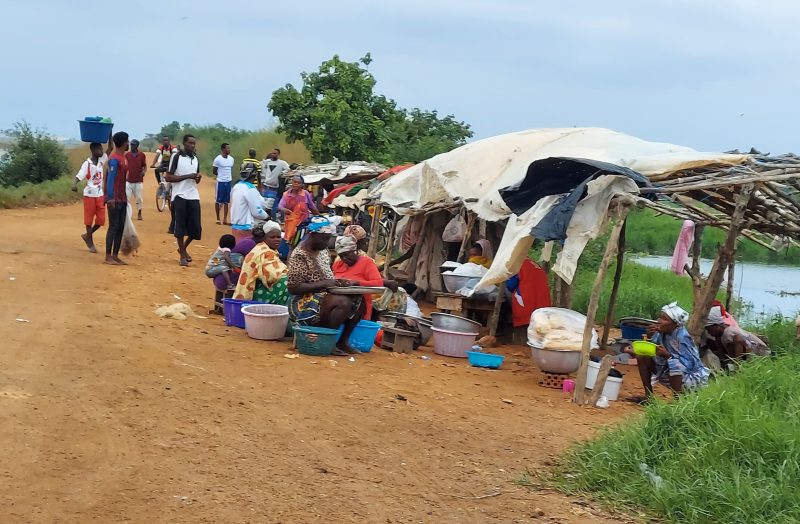– Global observances emphasize urgent need for ecosystem restoration
– Earth Day 2025 advocates tripling renewable energy by 2030
– World Water Day highlights glacier preservation for freshwater security
In 2025, three significant global environmental observances—World Wetlands Day (February 2), World Water Day (March 22), and Earth Day (April 22)—converged on a unified message: the critical importance of restoring natural ecosystems to combat climate change and safeguard the planet’s life-supporting systems.
Earth Day 2025 called for a global transition to clean, renewable energy, aiming to triple renewable electricity generation by 2030. The initiative emphasized environmental justice, advocating for inclusive policies that ensure no community is left behind in the shift to a green economy. Astrid Schomaker, Executive Secretary of the Convention on Biological Diversity, highlighted the vital role of Indigenous peoples and local communities (IPLCs) in biodiversity conservation, as recognized in the Kunming-Montreal Global Biodiversity Framework.
World Water Day 2025 underscored the essential role of glaciers in sustaining freshwater supplies for drinking, agriculture, industry, and ecosystems. With glaciers storing nearly 70% of Earth’s freshwater, their preservation is crucial for maintaining global water security.
World Wetlands Day 2025 focused on the importance of wetlands in supporting biodiversity, providing livelihoods, and mitigating climate change. The observance called for increased efforts to conserve and restore these critical ecosystems. Collectively, these observances in 2025 reinforced the imperative of ecosystem restoration as a cornerstone for achieving environmental sustainability and resilience.
